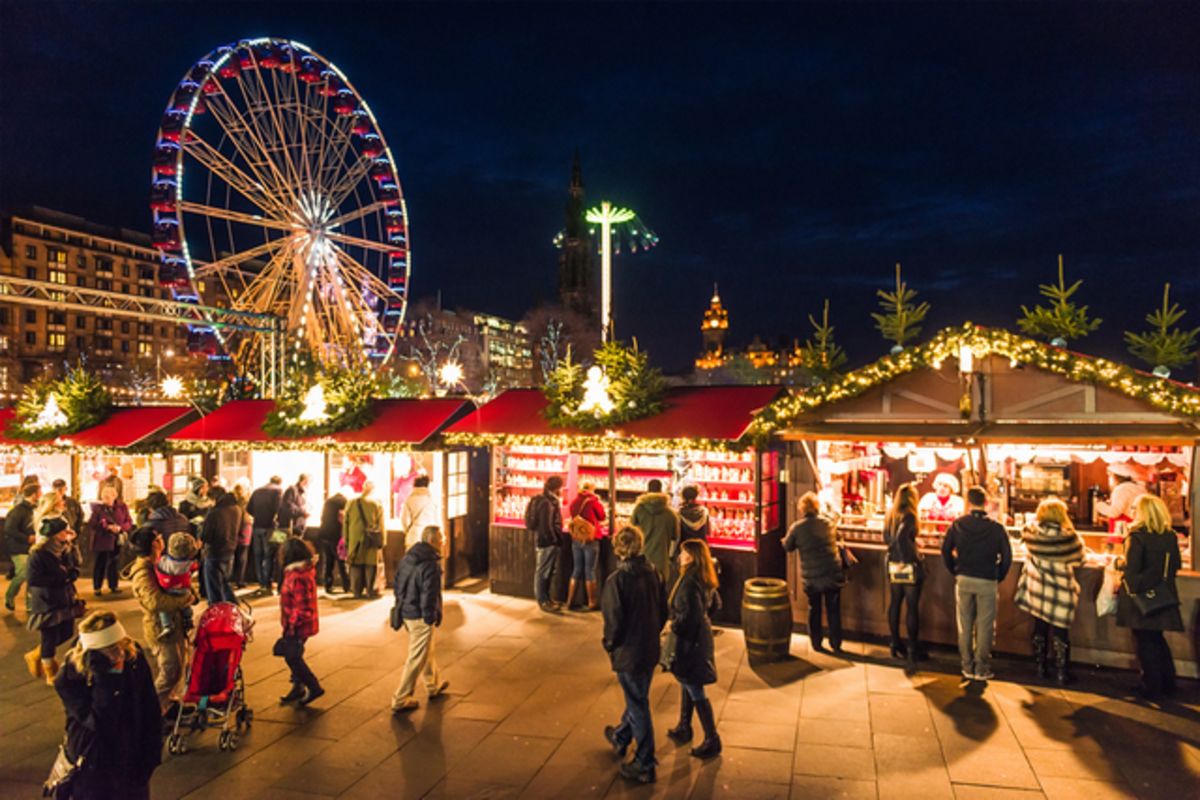Why do some Eastern European and Scandanavian countries celebrate Christmas on the 24th of December .
Why do some Eastern European and Scandanavian countries celebrate Christmas on the 24th of December
For what reason do some Eastern European and Scandanavian nations observe Christmas on the 24th of December?
 |
Countries which celebrate Christmas on the 24th of December |
EASTERN-AND-EUROPEAN COUNTRIES : Since a Christian lithurgical day consistently starts and finishes at nightfall. In Southern Scandinavia, the lithurgical day on which Christ was conceived by custom beginnings at 5 PM the 24th and finishes on 5 PM the 25th. Observing Christmas on the 25th would suggest having Christmas supper the day after the occasion, as the lithurgical day finishes on dusk the 25th. Christmas eve is subsequently celebrated on the 24th while Christmas morning is praised on the 25th.and,In Finland there is an old custom, that the day preceding the genuine dining experience is committed for festivity: individuals eat well, drink well, play and sing. It resembles a day of hanging tight for the genuine banquet.
Along these lines, in Christmas, 24.12 is the Christmas Eve and it's devoted for different types referenced activities. 25.12. is the real Christmas day and it is commended in an other sort of way. It is a calm and tranquil day, the genuine Heavenly Day. It is devoted - on the off chance that you are Christian - for going to Chapel possibly, and regardless of whether you are not Christian, it is committed for the tranquil harmony and the conduct is serene. 26.12. is a typical day for seeing loved ones.
Along these lines, we observe Christmas in any event three days and every single one of them has their own character. The Christian confidence is gradually vanishing in the Nordic nations and it might be that this features the Christmas Eve. Be that as it may, each of the three Christmas Days still have an importance at any rate in Finland.
As we imagine that and cam to this end Evidently the morning of December 24 is an ordinary (shopping, going out to eat, and so forth.) day in such places, and family festivities start on the evening of December 24.
This (the evening) is Christmas "Eve." That is the thing that "eve" signifies — the night prior to a strict occasion. That is the reason it's designated "the prior night Christmas."
Thus, "All Bless' Eve" isn't the whole day of October 31 — it is the night of October 31, which is the night prior to All Bless' Day, or All Holy people Day as it is more regularly known in English now — November 1, a sacred day on the Catholic ritualistic schedule. Same "New Year's Eve."
I trust it likely this custom goes right back to the Jewish schedule, on which each numbered "day" of any month is considered to start and end at twilight as opposed to at 12 PM, as on the Gregorian (Christian) schedule. Jesus was, all things considered, Jewish.
On the off chance that we're thinking in that mode, at that point Christmas begins at dusk on December 24.
Remember that January 1, the eighth day of Christmas, is the thing that used to be known as the "Dining experience of the Circumcision" of Jesus, recognizing the two occasions' Jewish roots.
(Obviously, the way that these festivals were purposefully coordinated by the Congregation fathers who built up the ritualistic schedule, to co-incide with and abrogate the agnostic Saturnalia festivity, is an alternate issue.)
A similar explanation The West Observes Halloween on the 31st of October rather than November the first. With Halloween we were really observing All Blesses Eve, while the following day it turned into All Honors Day. The Europeans observe Christmas on the 24th rather than the 25th of December is on the grounds that they are praising the night that Sinterklaas otherwise known as Santa Clause Claus is flying over the earth. They hold that with the same amount of significance as the Christians do when they observe Christ on the 25th.
Comments
Post a Comment